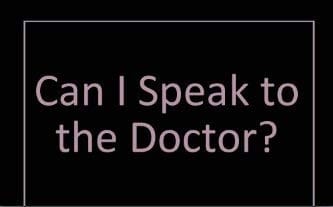ONEMEDICINE | PRIVATE GP | BIRMINGHAM

Patient:
So I’ve had the home readings for a week. They’re high, yes — but not outrageously so. I was kind of expecting a “watch and wait,” not a prescription.
Doctor: (nods thoughtfully)
That would’ve been the approach ten years ago — and in younger patients with no other risk factors, we still sometimes hold off. But your overall risk profile tips the balance. It’s not just the BP — it’s the cumulative exposure over time that matters.
Patient:
But I feel fine. I exercise, I eat reasonably well. I’m not overweight. Doesn’t it make more sense to just double down on lifestyle?
Doctor:
Lifestyle absolutely helps. But realistically, it’ll lower your BP by maybe 5 to 10 points, best case. You’re already active and eating well — so the marginal gains are smaller. The trouble is, high-normal blood pressure causes damage silently — vascular ageing, left ventricular strain — long before any symptoms show up.
Patient:
I just don’t love the idea of being on tablets in my 40s. Once you start, you’re on them for life, aren’t you?
Doctor: (leans forward slightly)
Maybe. But let’s reframe that. You’re not “on tablets” — you’re managing a chronic process that, untreated, quietly increases your risk of stroke, heart failure, kidney disease. This isn’t about today — it’s about 15 years from now. And every year of elevated pressure adds to that risk.
Patient:
Still feels a bit over-medicalised. Like we’re turning everyone into a patient.
Doctor:
That’s a fair concern — but again, it depends how you look at it. We’re not treating a number. We’re reducing your lifetime risk. BP control isn’t about making you a patient — it’s about keeping you out of hospital at 65 with a bleed or a bypass scar.
Patient: (pauses)
Okay. I get that. What are the downsides if I say no for now and try 3 months of lifestyle tweaks first?
Doctor:
You’re absolutely entitled to try that. The only risk is delay — which may or may not make a difference in the long run, depending on how much your BP responds. But I’d want us to agree a threshold. If you’re still averaging above 140/90 after that, I’d recommend starting treatment. Not because you failed — but because we don’t want untreated risk accumulating silently.
















